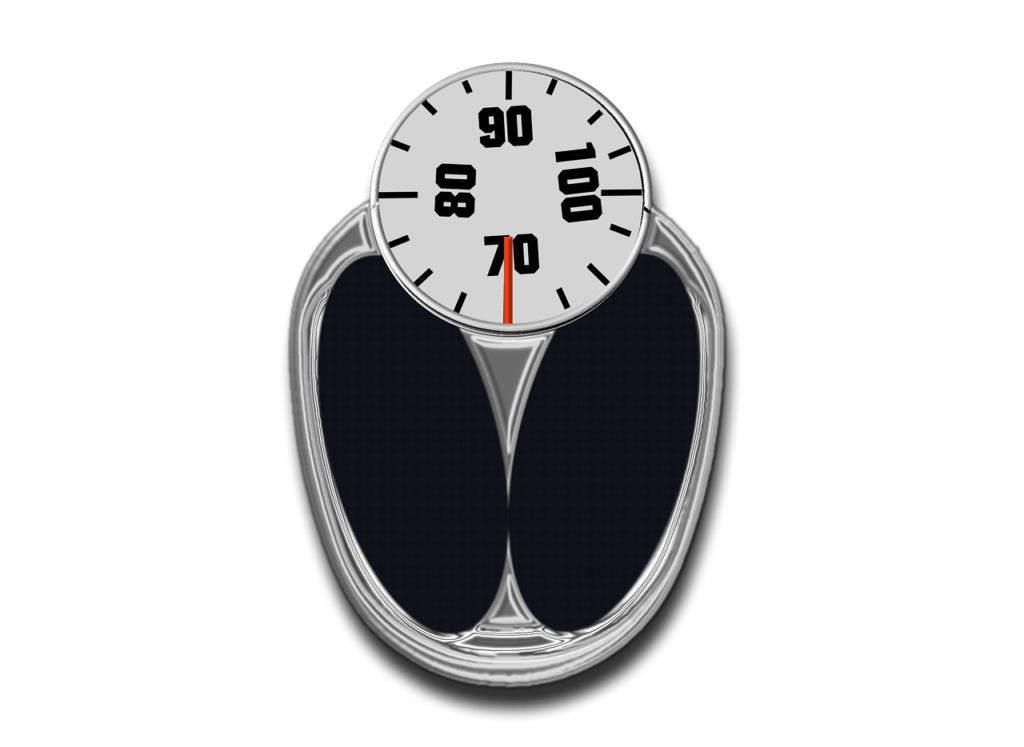Many people who have been diagnosed with prediabetes or Type 2 diabetes are actually dealing with a condition known as insulin resistance. Insulin resistance is a condition in which the body’s cells become less responsive to the effects of insulin, a hormone produced in the pancreas that regulates blood sugar levels. As a result, the body needs to produce more insulin to keep blood sugar levels in check. Over time, this can lead to high blood sugar levels, which can cause a range of health problems, including type 2 diabetes, heart disease, and obesity.

Insulin resistance is becoming increasingly common, particularly in Western countries where diets are often high in processed foods, sugar, and saturated fats. However, it’s possible to overcome insulin resistance with some simple lifestyle changes. In this article, we’ll explore some of the causes of insulin resistance and what you can do to overcome it.
What Is Insulin Resistance?
When you eat food, your body breaks down carbohydrates into glucose (sugar), which enters the bloodstream. Insulin is the hormone that helps glucose enter cells, where it can be used for energy or stored for later use.
Insulin resistance happens when cells become less responsive to the effects of insulin and do not absorb glucose in the bloodstream into the cell. This means the amount of glucose in the blood increases while the cells are not able to use the glucose to create energy. The result leads to high blood sugar levels, which can cause a wide range of health problems, including type 2 diabetes, heart disease, and obesity.
Causes of Insulin Resistance
Insulin resistance is caused by a combination of genetic and lifestyle factors. Some of the common risk factors for insulin resistance include:

- Family history of diabetes
- Sedentary lifestyle
- Obesity
- High blood pressure
- High cholesterol levels
- Smoking
- Sleep apnea
One of the primary causes of insulin resistance is a diet high in sugar and refined carbohydrates. These foods cause a rapid spike in blood sugar levels, which can lead to the overproduction of insulin. Over time, this can cause the body’s cells to become less responsive to insulin, leading to insulin resistance.
Symptoms of Insulin Resistance
In its early states, insulin resistance often doesn’t have any noticeable symptoms. As the condition progresses, however, it can result in a number of health issues, including:
- Weight gain
- Elevated blood sugar levels
- High blood pressure
- High triglycerides (a type of fat in the blood)
- Low HDL cholesterol (the “good” cholesterol)
How to Overcome Insulin Resistance
Fortunately, it is possible to overcome insulin resistance with some simple lifestyle changes. While some of these changes may seem overly simplistic, they can have a profound effect on your body’s ability to process insulin properly by allowing cells to absorb the glucose in the blood and produce energy which your body needs to function. Here is a short list of things you can do to overcome insulin resistance:

Eat a Healthy Diet
One of the best ways to overcome insulin resistance is to eat a balanced diet that is low in sugar and refined carbohydrates. Focus on eating whole foods that are rich in fiber, protein, and healthy fats. This will help to regulate your blood sugar levels and reduce your risk of insulin resistance.
According to the American Diabetes Association, a healthy diet should consist of:
- Fruits and vegetables
- Lean meats and plant-based sources of protein
- Less added sugar
- Less processed foods
Exercise Regularly
Regular exercise can also help you overcome insulin resistance. Exercise helps your muscles use glucose more effectively, which can improve your insulin sensitivity. Aim for 20-30 minutes of moderate-intensity exercise 3-4 days per week. Some examples of moderate-intensity exercise include brisk walking, cycling, and swimming.

Maintain a Healthy Weight
If you’re overweight or obese, losing weight can help improve your insulin sensitivity. Obesity is a major risk factor for insulin resistance and type 2 diabetes. Losing even a few pounds can have a significant impact on your overall health and can help lower blood sugar levels and reduce the effects of insulin resistance.
Get Enough Sleep
Getting enough sleep is critical to your physical, mental, and emotional health. Sleep in an important factor in regulating your body’s hormones, including insulin. Lack of sleep can lead to several health problems, including insulin resistance. Try to get at least 7-8 hours of sleep each night. If you have trouble falling or staying asleep, try practicing relaxation techniques, such as meditation or deep breathing, before going to bed.
Reduce Stress
Reducing the amount of stress in your life can have numerous health benefits. Stress produces cortisol which is a hormone that can impair your body’s sensitivity to insulin and cause increased levels of glucose in the bloodstream. Reducing stress helps to decrease these effects and can significantly lower insulin resistance.
There are several ways to reduce stress including practicing meditation and relaxation techniques, such as yoga, deep breathing, or mindfulness meditation. Engaging in hobbies or doing moderate exercise can also help to reduce levels of stress.
Conclusion
Insulin resistance is a common condition that can lead to a range of health problems, including type 2 diabetes, heart disease, and obesity. However, it is possible to overcome insulin resistance with some simple lifestyle changes, such as eating a healthy diet, exercising regularly, losing weight, getting enough sleep, and reducing levels of stress.

